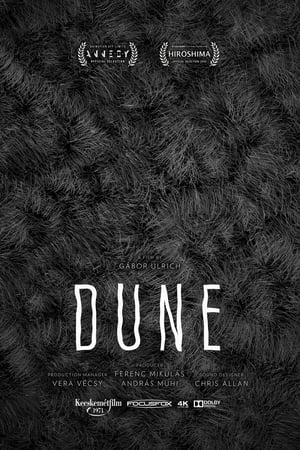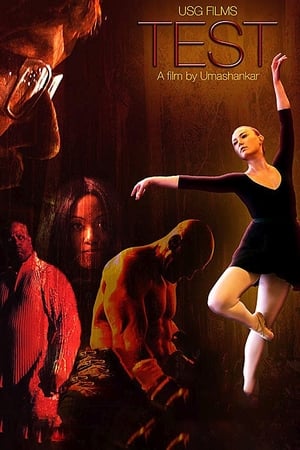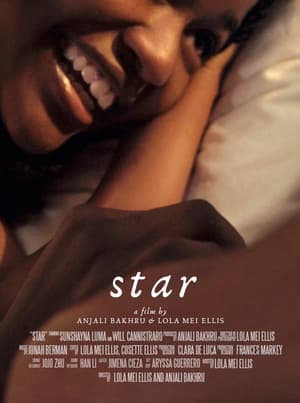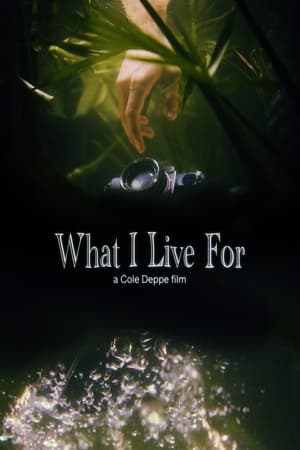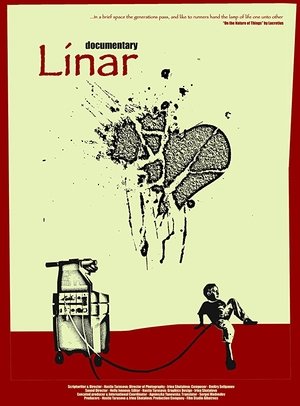
The Last Season(2014)
In search of the lucrative matsutake mushroom, two former soldiers discover the means to gradually heal their wounds of war. Roger, a self-described 'fall-down drunk' and sniper in Vietnam, and Kouy, a Cambodian refugee who fought the Khmer Rouge, bonded in the bustling tent-city known as Mushroom Camp, which pops up each autumn in the Oregon woods. Their friendship became an adoptive family; according to a Cambodian custom, if you lose your family like Kouy, you must rebuilt it anew. Now, however, this new family could be lost. Roger's health is declining and trauma flashbacks rack his mind; Kouy gently aids his family before the snow falls and the hunting season ends, signaling his time to leave.

Movie: The Last Season
Top 2 Billed Cast
Self
Self
Video Trailer The Last Season
Recommendations Movies
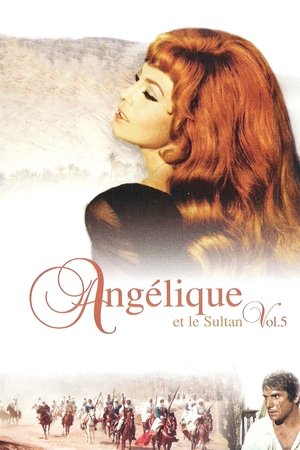 6.4
6.4Angelique and the Sultan(fr)
Angélique is in a North African Muslim kingdom where she is now part of the Sultan's harem. She refuses to be bedded as her captors try to beat sense into her. She finally decides to escape with the help of two Christian prisoners.
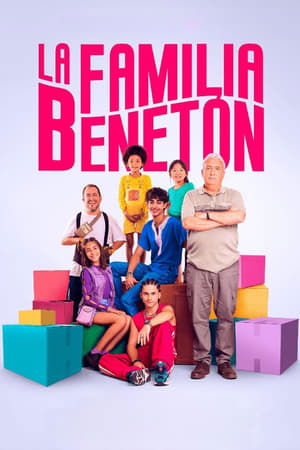 5.4
5.4The Benetón Family(es)
Toni, a grumpy in his fifties, avoids children at all costs. His life changes when he suddenly has to take care of his sister's five adopted children, each from a different country. Toni will have to deal with new parenthood and cultural differences.
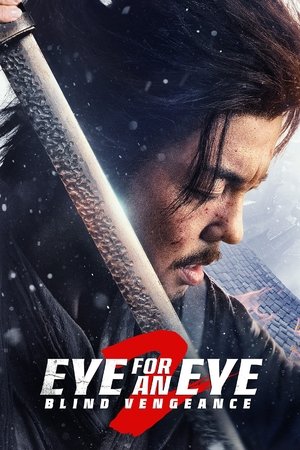 6.4
6.4Eye for an Eye 2(zh)
The blind swordsman, skilled in martial arts, named Cheng Xiazi (Xie Miao), accidentally saves Zhang Xiaoyu (Yang Enyou), who has suffered from the destruction of his family. Under the persuasion of the orphan Xiaoyu, Cheng reluctantly keeps him by his side and teaches him skills. Xiaoyu also waits for the opportunity to seek revenge.
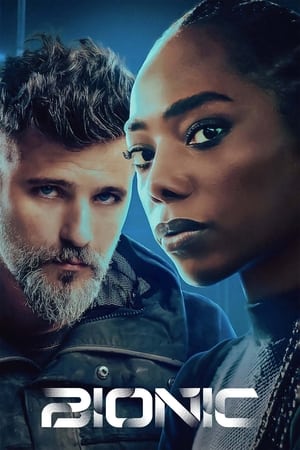 6.0
6.0Bionic(pt)
When the progress of robotics makes Paralympic athletes the new sports stars, Maria dreams of competing against her sister. For that, she will have to enter a world of crime and violence.
12(en)
After blowing his professional ballet career, John's only way to redeem himself is to concoct the demise of his former partner, Leah, who he blames for his downfall; he rehearses his salvation in his mind in the way that he rehearses a dance, but being able to break from the routine will be the key to his success.
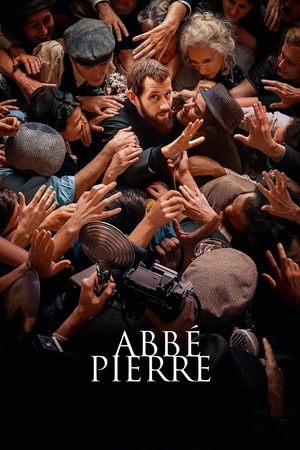 6.6
6.6Abbé Pierre - A Century of Devotion(fr)
The life of Henri Grouès, known as Abbé Pierre, from his time in the Resistance in WWII to his fights against poverty and for the homeless.
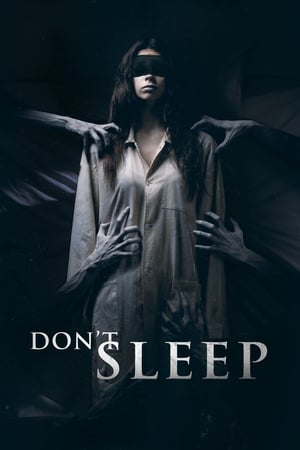 5.5
5.5Don't Sleep(en)
After moving into a cottage together, two young lovers confront horrors of a forgotten childhood.
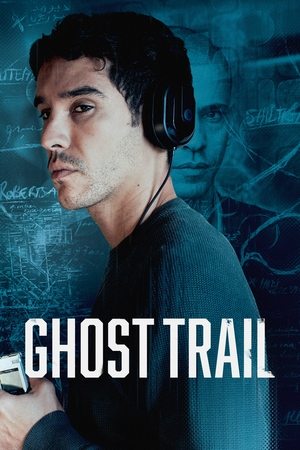 6.8
6.8Ghost Trail(fr)
Hamid is part of a secret group pursuing the Syrian regime’s fugitive leaders. His mission takes him to France, on the trail of his former torturer whom he must confront.
 7.1
7.1The Taste of Things(fr)
Set in 1889 France, Dodin Bouffant is a chef living with his personal cook and lover Eugénie. They share a long history of gastronomy and love but Eugénie refuses to marry Dodin, so the food lover decides to do something he has never done before: cook for her.
Similar Movies
 5.6
5.6How to Cook Your Life(en)
A Zen priest in San Francisco and cookbook author use Zen Buddhism and cooking to relate to everyday life.
 6.7
6.7Dixie Chicks: Shut Up and Sing(en)
Shut Up and Sing is a documentary about the country band from Texas called the Dixie Chicks and how one tiny comment against President Bush dropped their number one hit off the charts and caused fans to hate them, destroy their CD’s, and protest at their concerts. A film about freedom of speech gone out of control and the three girls lives that were forever changed by a small anti-Bush comment
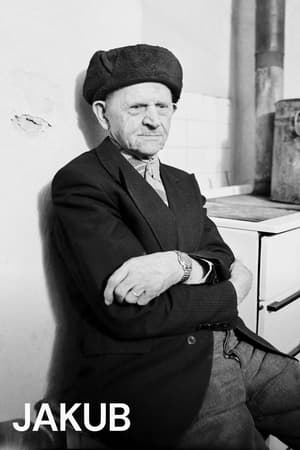 6.8
6.8Jakub(cs)
Jakub presents an extensive ethnographical-sociological study of the life of the Ruthenians, filmed in the Maramuresh mountains in the north of Romania and in the former Sudetenland in Western Bohemia. The film was made over a period of five years during the time of both totalitarian regimes and was completed in 1992 after the revolution.
 0.0
0.0Coastal(en)
Take a journey with Neil Young on this personal, behind-the-scenes doc as he cruises the coast for his recent solo tour. Coastal gives an intimate view of the maverick musician, as he navigates a return to the stage post-Covid. From his everyday observations on the bus to his candid banter with his audience. Coastal is a rare peek behind the curtain of this unguarded iconoclast.
 6.0
6.0Into Our Own Hands(fr)
When confronted with their lingerie factory (Starissima) going bankrupt, the employees attempt to take it over by forming a cooperative. Soon questions about fundamental economic and social issues pop up amidst the bras and panties. Through this adventure together they discover a new freedom.
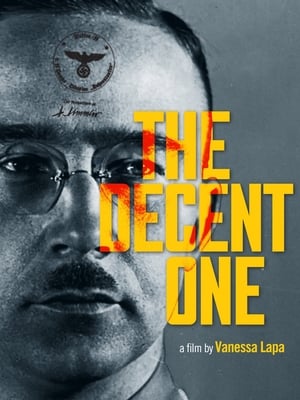 6.4
6.4The Decent One(de)
Through previously undiscovered private letters, photos and diaries that were found in the Himmler family house in 1945, the "The Decent One" exposes a unique and at times uncomfortable access to the life and mind of the merciless "Architect of the Final Solution" Heinrich Himmler.
The Eyes of Thailand(en)
Tells the true story of one woman's quest to help two elephant landmine survivors-Motala and Baby Mosha-walk on their own four legs.
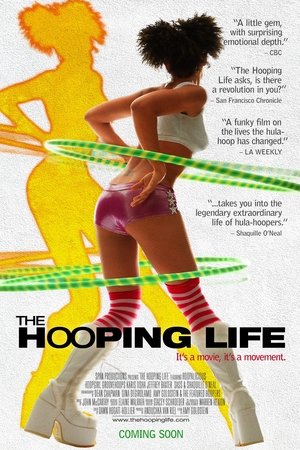 8.7
8.7The Hooping Life(en)
Learn the origins and rise of modern day hula-hooping through eight extraordinary stories of hoop devotees who have embraced it as an art form, a teaching aid, and even an instrument of redemption. From the streets, to intimate clubs, to giant arenas, we alternate between self-filmed video diaries, verité documentary footage, and spectacularly filmed performances in an attempt to celebrate the healing power of movement and the spirit of human inventiveness.
 6.8
6.8Born Into Brothels: Calcutta's Red Light Kids(en)
Documentary depicting the lives of child prostitutes in the red light district of Songachi, Calcutta. Director Zana Briski went to photograph the prostitutes when she met and became friends with their children. Briski began giving photography lessons to the children and became aware that their photography might be a way for them to lead better lives.
 6.7
6.7Full Metal Village(de)
The film describes the microcosmos of the small village Wacken and shows the clash of the cultures, before and during the biggest heavy metal festival in Europe.
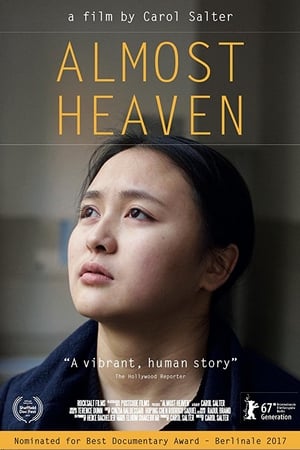 7.6
7.6Almost Heaven(zh)
Far from home, 17-year-old Ying Ling practices for her examination to become a mortician at one of China's largest funeral homes. The everyday routine of this unusual occupation also serves up both humorous and life affirming moments.
 6.0
6.0100 Years(en)
An animated history of American health care provider, Planned Parenthood.
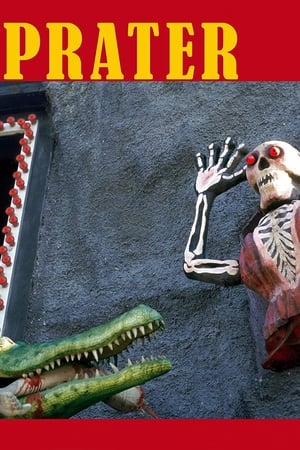 5.8
5.8Prater(de)
Vienna’s Prater is an amusement park and a desire machine. No mechanical invention, no novel idea or sensational innovation could escape incorporation into the Prater. The diverse story-telling in Ulrike Ottinger’s film “Prater” transforms this place of sensations into a modern cinema of attractions. The Prater’s history from the beginning to the present is told by its protagonists and those who have documented it, including contemporary cinematic images of the Prater, interviews with carnies, commentary by Austrians and visitors from abroad, film quotes, and photographic and written documentary materials. The meaning of the Prater, its status as a place of technological innovation, and its role as a cultural medium are reflected in texts by Elfriede Jelinek, Josef von Sternberg, Erich Kästner and Elias Canetti, as well as in music devoted to this amusement venue throughout the course of its history.
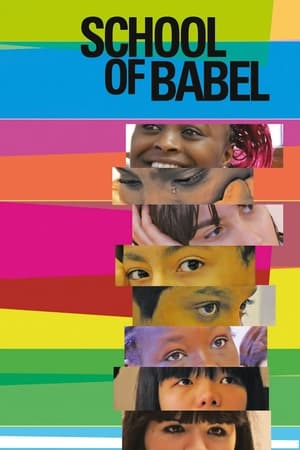 6.6
6.6School of Babel(fr)
They just arrived in France. They are Irish, Serbs, Brazilians Tunisians, Chinese and Senegalese ... For a year, Julie Bertuccelli filmed talks, conflicts and joys of this group of students aged 11 to 15 years, together in the same class to learn French.
 7.1
7.1The Story of the Weeping Camel(mn)
When a Mongolian nomadic family's newest camel colt is rejected by its mother, a musician is needed for a ritual to change her mind.
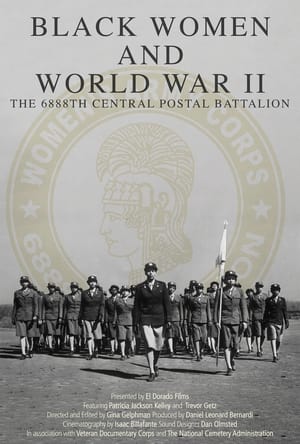 0.0
0.0Black Women and World War II: The 6888th Central Postal Directory Battalion(en)
In the midst of World War II, the 6888th Central Postal Directory Battalion, an all-female African-American unit, undertook the monumental task of sorting and delivering a massive backlog of mail for the U.S. military. Despite facing deplorable working conditions and the pervasive dual discrimination of race and gender, these women served their country with unbreakable determination and pride. Led by the formidable Major Charity Adams, they not only achieved their mission in half the expected time but also broke barriers, standing firm against inequality and inspiring future generations. Tragically overlooked for years, the story of the 6888th sheds light on a remarkable, untold chapter of American history, reflecting both the triumphs and injustices that shaped the nation's path towards civil rights. Their courage and resilience continue to resonate, a poignant reminder of the societal strides still needed to fully recognize and honor their invaluable contribution.
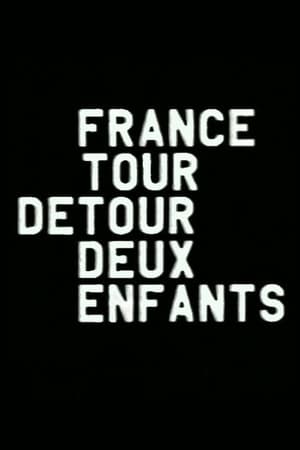 6.1
6.1France / Tour / Detour / Two / Children(fr)
In this astonishing twelve-part project for and about television — the title of which refers to a 19th-century French primer Le tour de la France par deux enfants — Godard and Miéville take a detour through the everyday lives of two children in contemporary France.
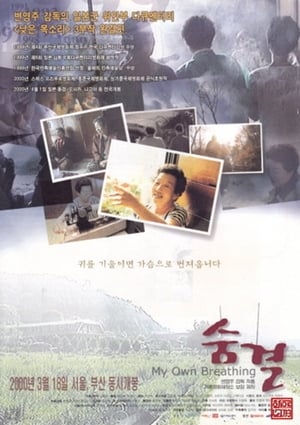 5.5
5.5My Own Breathing(ko)
"My Own Breathing" is the final documentary of the trilogy, The Murmuring about comfort women during the World War II directed by BYUN Young-joo. This is the completion of her seven years work. BYUN's first and second documentaries spoke of grandmothers' everyday life through the origin of their torment, while My Own Breathing goes back to their past from their everyday life. Deleting any device of narration or music, the camera lets grandmothers talk about themselves. Finally, the film revives their deep voices trampled by harsh history.
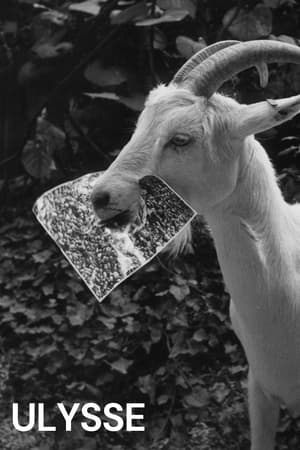 6.7
6.7Ulysse(fr)
At the sea shore, a goat, a child, and a naked man. This is a photograph taken in 1954 by Agnès Varda. The goat was dead, the child was named Ulysses, and the man was naked. Starting from this frozen image, the film explores the real and the imaginary.



